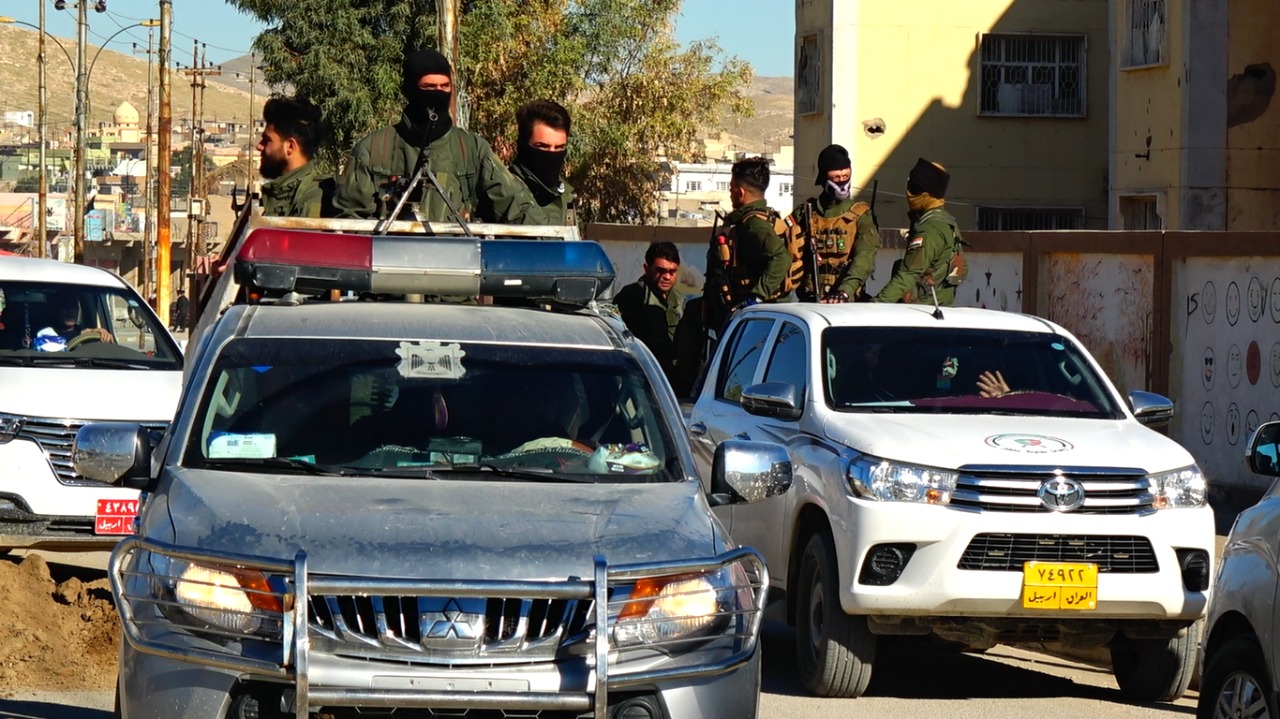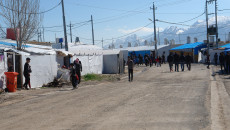Hasan Khalaf delivers drinking water to the residents of Sinuny sub-district of Shingal district in Mosul. He is in touch with tens of people making him a source for the trending story in town, mainly leaving negative impact and living in unrest and intimidation.
The heat-debate these days in Shingal, homeland for Ezidi religious minority, is the infiltration of Islamic State ISIS militants into the Ezidi region. Official authorities have not confirmed it but it has become a security concern for the traumatized minority massacred by the Islamic group in 2014.
“I am in touch with the public every day and I have heard that a number of Daesh militants were arrested in Sinuny,” Khalaf said. “They were smuggled to the region and it is a deep horror for the people here.”
“I am in touch with the public every day and I have heard that a number of Daesh militants were arrested in Sinuny,” Khalaf said.
Khalaf has left IDP in northern province of Duhok three years ago back to his home town Sinuny yet he is afraid of displacement and return to the camp. “In any means, they should prevent what happened to us come back again. If so, people in fear will be back to camps and displacement life.”
The ministry of interior of Iraqi Kurdistan Regional Government KRG announced 670,000 internally displaced people IDPs are living in 25 camps across Iraqi Kurdistan. 15 of these camps are based in Duhok and home for tens of thousands of Ezidi IDPs.
Over 550,000 Ezidis were living in Iraq before ISIS taking control of one third of Iraqi territories. About 350,000 Ezidis were displaced, only one third of them are are back to Shingal district, Nineveh province.
The extremist Islamic group has taken 6417 Ezidis into slavery, half of them has been freed up today.
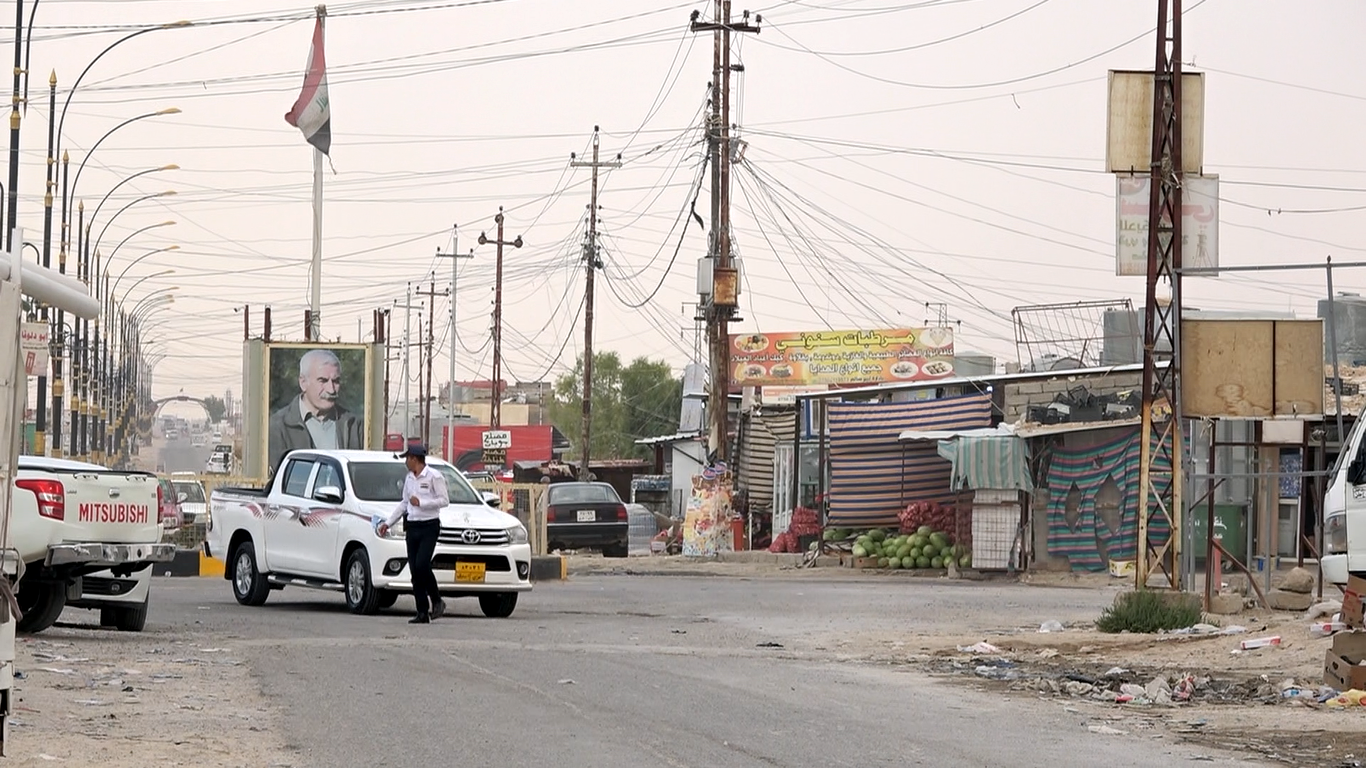
Shingal down town in 2019. Photo by Ibrahim Ezidi.
The complex texture of the security and administrative situation in Shingal is a source of concern of the Ezidi community in general and in particular for those returned home in hope of leading a normal life post ISIS trauma.
When Shingal fell under reign of ISIS in August 2014, Iraqi troops backed by Kurdish Peshmarga and pro- Kurdistan Workers’ Party PKK fighters' ousted ISIS in October 2015 and deployed in the region.
Iraqi government and the Kurdistan Region Government KRG agreed to appoint a new mayor and jointly provide security in Shingal but the “Shingal agreement” signed in October 2020 is not effective yet.
In the Ezidi-dominant region of Shingal, only three thousand square km, Baghdad federal and Erbil regional governments compete to establish their rule: three local administrations want to administer the district, and eight different security forces are present.
The militant groups are pro-Iran the Shiite Popular Mobilization Forces PMF, Shingal Protection Units (YBS) which are pro-PKK (Kurdistan Workers party, Kurdish rebel group fighting Turkey and occupying northern Iraqi territories), local Police, Iraqi Security Forces (ISF), and KRG's Ezidkhan Peshmerga.
Last month, about 200 Ezidi families in Shingal were seeking permission to return to IDP camps in Duhok due to instability and hard living conditions.
Local police of Shingal consider the border with Syria a source of security threat as IS militants can easily infiltrate.
“Only two women were suspected to be Daesh affiliated were arrested in Sinuny and are being investigated,” Natiq Allo, media officer of Shingal police told KirkukNow. “Everyday tens of people come back from Syria and any one listed in our computer is considered a suspect by the security forces.”
“Everyday tens of people come back from Syria and any one listed in our computer is considered a suspect by the security forces.”
Allo did no deny there is a smuggling path between Iraq and Syria. “This exists since Ba’ath regime and it is still open. Daesh infiltrate into the region in this way but we do not know how many they are because it is the responsibility of the (Iraqi) army and Hashid Al-Sha’abi (PMF) who are in charge of protection of the borders.”
PMF has moved three brigades, about 10,000 militants, to Shingal early February, totaling the number to more than 20,000 to confront any sudden offensive by Turkey in Iraq, local commanders said.
Khal Ali, Ezidi commander of PMF troops in Shingal, denied infiltration of IS fighters. An Arab resident was back from Syria to his village in Sinuny and when security forces wanted to arrest him as he was on wanted list, the villagers did not allow that. “He was injured then fled away,” he added.
Ali claims that Iraq-Syria border in their region I under control. “These rumors are not true that Daesh infiltrated into our region. It is not good to spread these rumors to intimidate and unrest people.”
The security forces are replacing the troops on Shingal borders and deployer back up forces to stop infiltration of ISIS militants and their families mainly coming from al Hawl camp in Syria, home to tens of thousands of Ezidi IDPs who fled ISIS as well as individuals and families connected to ISIS.
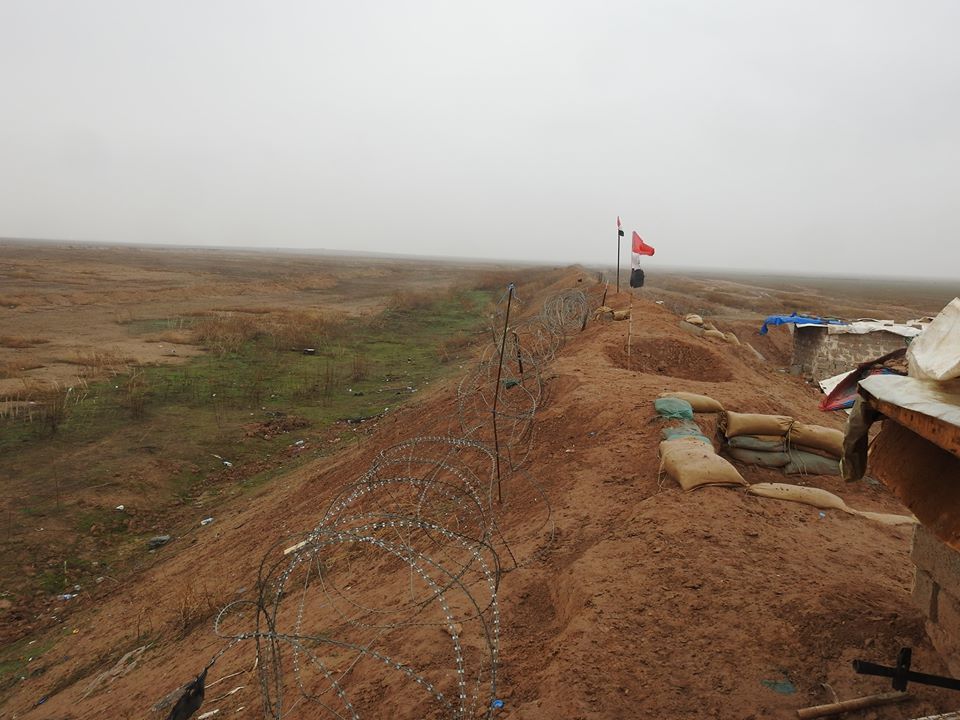
Turkey-PKK tension is another threat to Ezidis of Shingal. Turkish president Recep Tayyip Erdogan vowed end of January to attack Shingal at any time in pursuit of groups affiliated to PKK based in the region.
The Turkish army regularly conducts cross-border operations and air raids on PKK bases in northern Iraq. “We are afraid of both Daesh and Turkey to attack Shingal and displace us.”
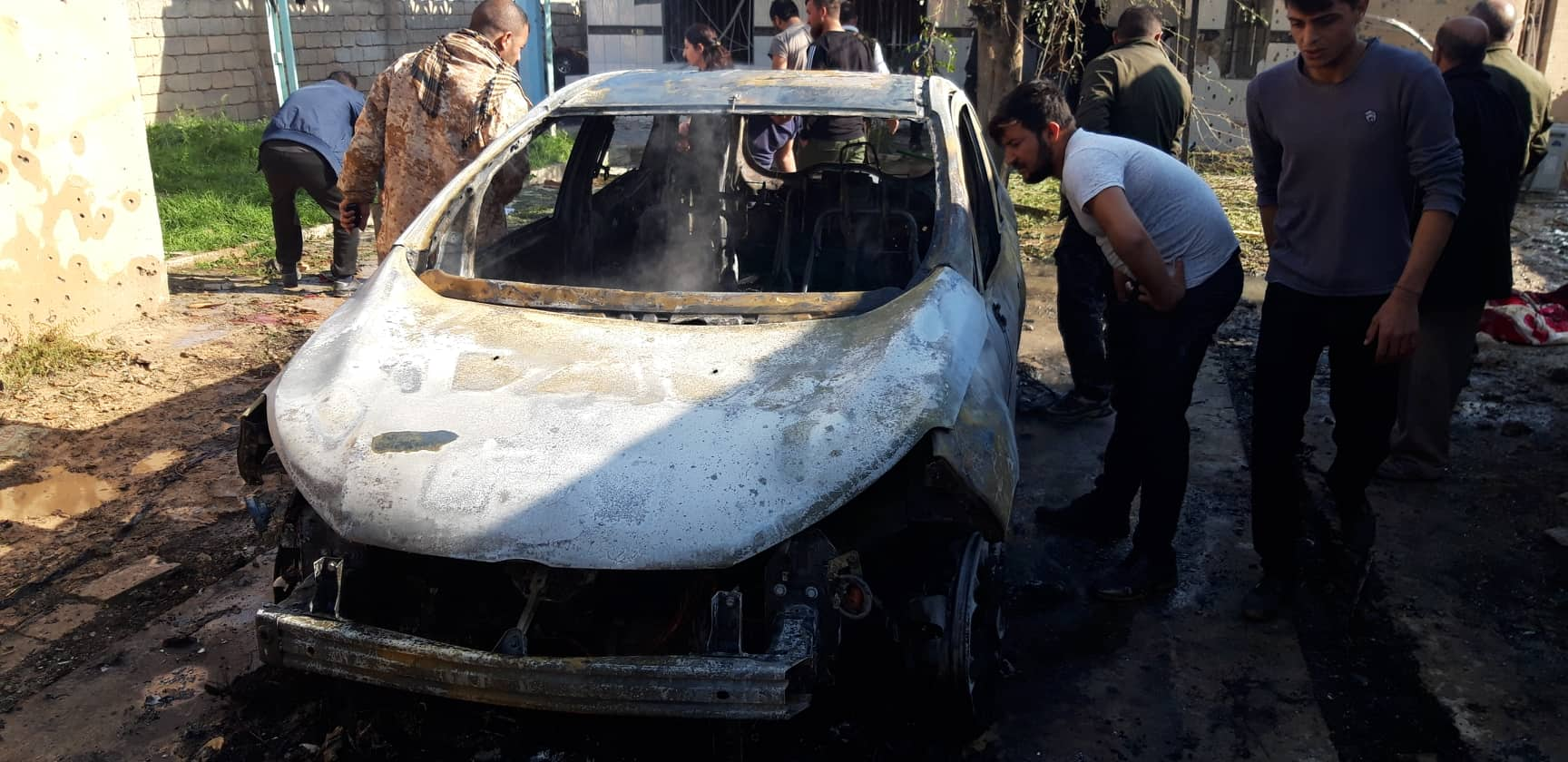
The Kurdish Peshmarga fighters funded by KRG confirm infiltration of IS militants and reporting it to the KRG officials.
Mirza Kahlaf, a commander of Pehsmarga in charge of protection of Shrine of Sheikh Sharafaddin, a wholly temple of Ezidis in Shingal, said,” According to our information, in the last few months about 100 militants of Daesh have infiltrated from Syria into Nineveh in several stages.”
"According to our information, in the last few months about 100 militants of Daesh have infiltrated from Syria into Nineveh in several stages.”
“This is a big threat for Shingal and we have informed ministry of Peshmarga to update Iraq and the International Coalition in order to control the borders with Syria.”
Local officials confirm infiltration through the borders yet they don’t consider it a serious threat.
“Few days ago, about 20 gunmen in an Arab dominant village were arrested,” Jalal Khalaf, mayor of Gir Ouzer sub-district of Shingal told KirkukNow. “They came back from Al-Hawl camp but the border of Iraqi-Syria is tightly controlled.
Shingal, located 120 west of Mosul, is part of Mosul province, on the border of Iraq-Syria. It is one of the disputed territories between Baghdad and Erbil.
Despite the closure of most of the refugee camps and the volunteer return home, the Ezidis are still living in unrest at a time of political and security tensions and fluctuating economy under Covid-19 pandemic.
“We have very bitter memories of ISIS and whenever we hear of their infiltration, that day people cannot rest,” Khalaf sighed.

